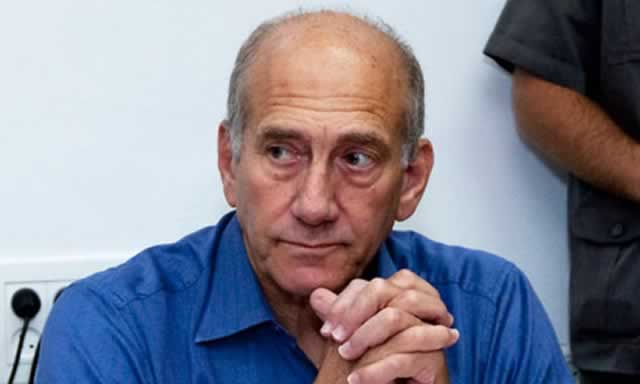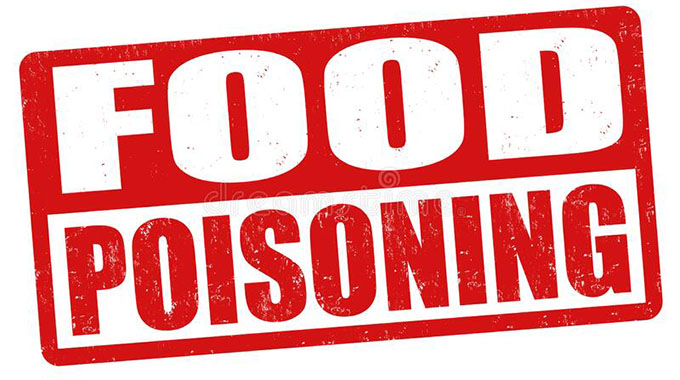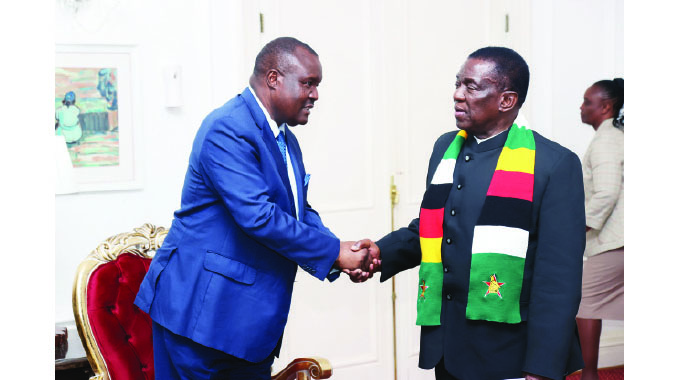CAR awaits results of presidential runoff

BANGUI – At vote counting centres across the Central African Republic Monday, election workers are opening up ballot boxes and reading out the names on ballot slips a day after the politically volatile nation held a relatively peaceful presidential runoff.
Sunday’s presidential election pitched two candidates, both former prime ministers, who campaigned to restore stability to a country that descended into a brutal civil war three years ago, which killed thousands, displaced nearly a million and split the country along sectarian lines.
Reporting from the capital Bangui, France24’s Catherine Norris Trent noted that, “the vote passed smoothly in security terms. No violent incidents were reported in Bangui, nor in other parts of the country. There had been fears about restive areas, particularly in the north and the east. But the UN security forces here ramped up security, redeploying troops to the country’s hotspots.”
Around 2,000 UN peacekeepers were deployed in the capital and 8,000 more maintained security in the largely anarchic provinces. Armoured vehicles from a 900-soldier French military contingent also patrolled the streets of Bangui.
The two candidates, Anicet-Georges Dologuele and Faustin-Archange Touadera, are both 58-year-old seasoned politicians who ran on platforms pledging to restore stability and revive the economy.
“The issues during the campaign were almost self-evident: security — which includes overcoming the religious divide — and the economy, which was never strong but has gone downhill despite the presence of raw materials in the country,” explained Robert Parsons, France24’s international news editor.
One of the world’s most chronically unstable countries, Central African Republic descended into one of its worst crises in early 2013, when the longstanding leader, François Bozize was ousted by mainly Muslim Seleka fighters.
The coup sparked a series of revenge attacks involving Muslim forces and Christian vigilante groups known as “anti-balaka” (anti-machete) militias.
Security was topmost on voters’ agendas Sunday as they stood in lines to cast their ballots.”We expect our new president to disarm the fighters so we can go home,” said Emilienne Namsona, 47, who fled in 2013 to the M’poko displacement camp, home to some 23,000 internal refugees next to the airport in the capital Bangui.
As well as choosing a president, voters also cast their ballots in a re-run of the December 2015 legislative election that was later annulled over numerous irregularities. A staggering 1,800 candidates competed for a place in the 105-seat National Assembly.
The first round of the presidential vote, which also took place on December 30, 2015, saw Dologuele take 23.78 percent of the vote while Touadera won 19.4 percent.
A former central banker, Dologuele is known as “Mr. Clean” for his attempts to bring transparency to murky public finances during his tenure as prime minister. Touadera, a former maths professor standing as an independent, surprised everyone by his strong showing in the December first round.
Touadera’s popularity stems from a measure he introduced as prime minister — paying government salaries directly into bank accounts and ending decades of pay arrears and unpaid wages.
Both candidates are Christians and the race for the presidency is expected to be tight.
Dologuele has the backing of the candidate who came third in the first round while Touadera has the support of 22 other candidates who ran in December.
While final turnout figures in the second round have not yet been released, Norris Trent noted that there were “fewer people turning up to the polls. There was a great deal of enthusiasm during the first round back in December with long lines at polling stations, but that didn’thappen at the polling stations we saw.”
Parsons however noted that over the past few months, the people of the Central African Republic had clearly demonstrated their support for a return to stability and democratic order. A December 21 constitutional referendum saw a 93 percent voter turnout while the figure for the December 30 election was 80 percent. In a country with nearly 2 million registered voters, around 1.3 million cast their ballots in the December elections.
Final results of Sunday’s vote are expected to take a while, said Norris Trent, but whoever wins the presidential poll “will have a great deal of work reconstructing this country.” – Agencies









Comments